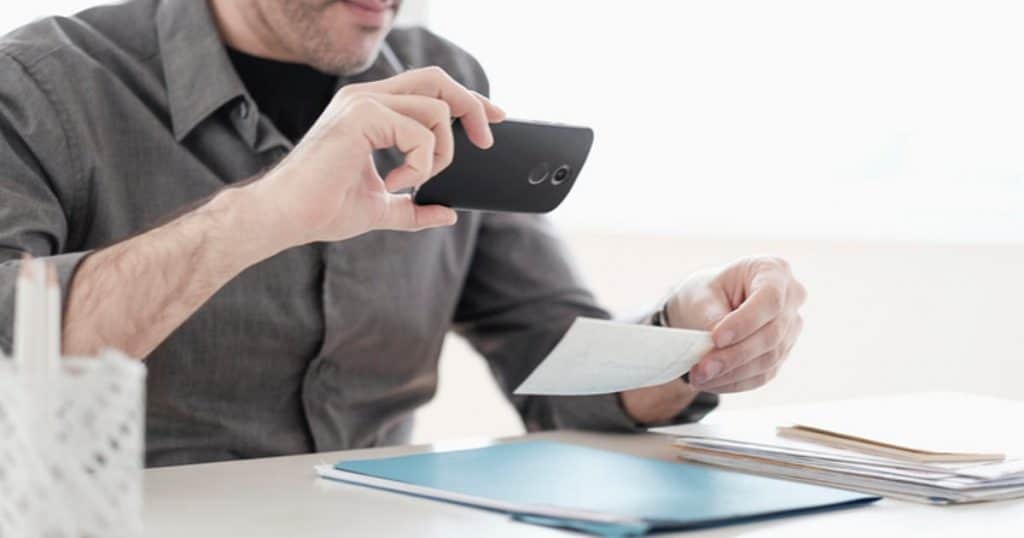Online banks offer a variety of services via mobile and online access. Unlike traditional banks, most online banks do not have a physical location. With lower costs, online banks can save you money in the form of higher interest rates and lower fees. Combining this with the convenience of the Internet, people are turning to online banking compared to traditional configurations.
Are online-only banks safe?
As long as online banking is federally insured and you take a few steps to protect your information, it is safe to use.
The Federal Deposit Insurance Corporation insures eligible bank accounts up to $250,000, but only for member banks. Look for an emblem reading “FDIC Insured” in the footer of the online banking website. You can also use the The FDIC’s BankFind tool to check if an online bank is insured.
Standard security measures used by online banks include virus protection, firewalls, fraud monitoring and website encryption. Most banks describe how they protect their money on their website.
Benefits of online banking
With online banking, you can access your accounts and transact anytime, anywhere. The process of paying bills is simple and efficient with online banking. You can connect your accounts and make transfers with one click. It’s easier to categorize payments by due date, amount, and type.
Online banking can help you better track your money. You’ll have better access to bank statements and can sync your accounts with apps to help you budget, save, and invest.
You’ll also get 24/7 account access.
How to choose an online bank?
First and foremost, the bank must be FDIC insured, so your deposits will be protected if the bank fails. You should also make sure that the online bank offers competitive rates, low fees and a robust ATM network.
Many online banks have partnerships with national ATM networks, so you can use ATMs nationwide with no ATM fees (or reduced fees). See if the bank offers a robust mobile app, some kind of customer service, and helpful features like mobile check deposit, for example.
How to open a bank account online?
To open an online bank account, you will need to submit some personal information, including your social security number, date of birth, address, and contact information. You may also be required to provide a copy of your driver’s license or other government-issued identification.
Sometimes you may need to fax or email additional documents, such as a pay stub, bank statement, or utility bill, to verify your identity. The process of opening an online bank account can take several days, but immediate access to your money will depend on the method you use to make your first deposit.
How to deposit money into an online bank account
You can deposit money at an ATM if your bank is part of an ATM network, or you can buy a money order and mail it to your bank. The money order should be made payable to the bank, not to yourself. You can also use a prepaid debit card linked to your bank account. Otherwise, you can ask a friend or family member with a local bank account to help you.
The bottom line
Check all standard online banking security features before applying for an account. Although you won’t get in-person service in most cases, online banks offer great flexibility and often higher interest rates. Many institutions offer a wide variety of savings products, including traditional products savings accounts, deposit certificates and money market accounts.
